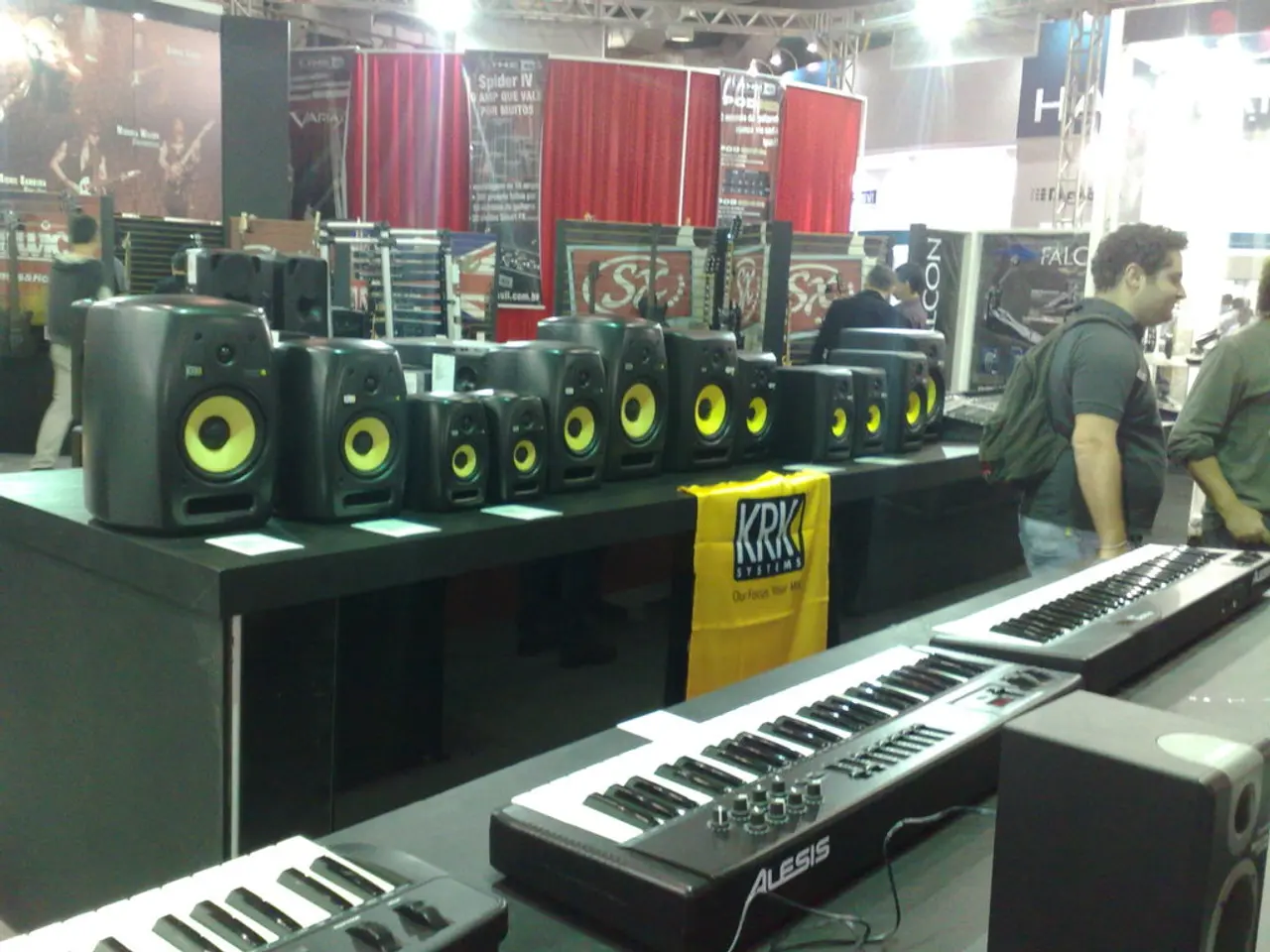Pennsylvania Retail Casinos Eliminating Slot Machines Due to Competition from Unlicensed Skill Games
Pennsylvania's slippery slope with unregulated skill games
The Pennsylvania gambling scene is in a pickle, with casinos edging out slot machines due to a influx of unregulated slot-like skill games found in convenience stores and gas stations. Rivers Pittsburg, a leading casino, has gone as far as removing 302 slots from its floors, blaming the proliferation of skill games for its poor performance.
A recent report by the Allegheny Institute for Public Policy (AIPP) supports this claim, stating that the omnipresence of skill games could chip away at casinos' revenues. Established in 1967, the non-profit AIPP focuses on defending taxpayers' interests and advocating for sound public policies.
Shrinking Slot Inventories Across PA
While Rivers' move is Pennsylvania's most drastic step in scaling back slots, other casinos have shown similar tendencies. Last July, Harrah's Philadelphia cut its slots count by 150, followed by Hollywood Casino Morgantown and Lady Luck Nemacolin eliminating a combined 49 slots the next month. Even Mohegan Sun joined the accusation bandwagon, removing 120 slots in September, citing cannibalization by skill games.
John Donnelly, Rivers Pittsburgh's attorney, compared skill games to ducks during a meeting with the Pennsylvania Gaming Control Board, arguing that they are, in essence, illegally operating slot machines that should fall under the board's regulation.
Rivers Casino Portsmouth, a property in Virginia, has provided some insight on the issue. Since the Virginia Supreme Court upheld a ban on skill games in late 2022, the casino's monthly slot revenue has surged to $19 million from an average of $14 to $15 million before the ban.
But Pace-O-Matic Pushes Back
Pace-O-Matic, a leading manufacturer of skill games, vehemently opposes the notion that skill games are the culprit for casinos' revenue woes. In February 2023, Michael Barley, the company's Chief Public Affairs Officer, reported that Pennsylvania's casinos generated $5.7 billion in revenue in 2022, a 9.3% increase from 2021. Slot revenue in January 2023 was 4.1% higher than the previous year.
Barley maintains that the emphasis on skill games' impact on casino revenues is misleading, stating that the figures don't show any loss. Nevertheless, the company acknowledges its dependence on small businesses across the state.
Lawmakers Struggle to Reach a Decision
The Pennsylvania state legislature is squabbling over the regulation of skill games, with no conclusive decision on the horizon. Legislators are torn between legalizing and regulating the machines, qualms about the potential increase in crime, and safeguarding small businesses that rely on them.
Prominent figures in the debate include Governor Josh Shapiro, who has proposed a 42% tax on skill games, and those who argue for a complete ban on the devices. In January 2023, Pennsylvania Attorney General Michelle Henry petitioned the state's Supreme Court in favor of a ban, stating the current interpretation of the definition of a slot machine is too narrow.
Local lawmakers have acted independently on the matter. Following a Supreme Court ruling that allowed skill games to operate, the Philadelphia City Council went as far as banning the machines in gas stations and convenience stores. Predictably, skill game manufacturers and operators responded with a lawsuit.
Time will tell which side comes out on top in this ongoing dispute, but clarity one way or the other will prove beneficial for the state rather than the current murky situation.
- The current debate in Pennsylvania's policy-and-legislation sphere revolves around the regulation of skill games, with crime-and-justice concerns, small businesses, and the casinos' revenue at stake in the politics of the matter.
- The Allegheny Institute for Public Policy's report, focusing on general-news topics like economical trends and taxpayer interests, supports the casinos' claim that the proliferation of skill games could potentially lead to a decline in their revenues.





